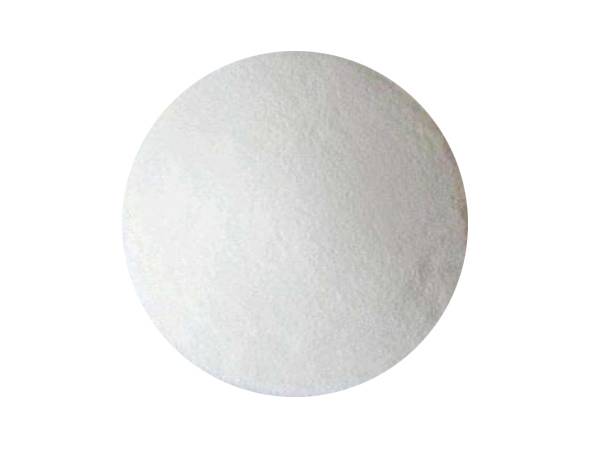



effluent treatment chemical
The Importance of Effluent Treatment Chemicals in Wastewater Management
Effluent treatment is a crucial process in managing the environmental impact of industrial activities and municipal waste. As industries continue to expand, the need for effective wastewater management becomes increasingly critical. Effluent treatment chemicals play a vital role in the purification of wastewater, ensuring that it meets environmental regulations before being discharged into water bodies.
Understanding Effluent Treatment
Effluent refers to liquid waste or sewage that flows out of an industrial or municipal facility. Proper treatment of this wastewater is essential to prevent pollution and protect aquatic ecosystems. Effluent treatment facilities employ various processes, including physical, biological, and chemical methods, to optimize the purification of wastewater. Among these methods, the use of treatment chemicals stands out as a significant aspect.
Types of Effluent Treatment Chemicals
Effluent treatment chemicals can be broadly classified into several categories, each serving a distinct purpose
. Common types include coagulants, flocculants, oxidants, and neutralizing agents.1. Coagulants and Flocculants Coagulants, such as aluminum sulfate and ferric chloride, are typically used to agglomerate suspended particles in the wastewater. When added to wastewater, these chemicals promote the formation of larger particles, or flocs, which can then be easily separated from the liquid. Flocculants assist in this process by facilitating the bonding of smaller particles together, further enhancing the efficiency of sedimentation and filtration.
effluent treatment chemical

2. Oxidants Oxidizing agents like chlorine, ozone, and hydrogen peroxide are essential for breaking down organic pollutants and pathogens present in wastewater. These chemicals help in the disinfection process, ensuring that the treated water is safe for release back into the environment. Advanced oxidation processes (AOPs) utilizing these oxidants can effectively degrade complex organic compounds, making them a critical component of modern effluent treatment strategies.
3. Neutralizing Agents Wastewater often exhibits varying pH levels, which can be detrimental to aquatic life if not properly managed. Neutralizing agents, such as sodium hydroxide or sulfuric acid, are used to adjust the pH of the effluent, ensuring that it falls within acceptable limits before discharge.
Challenges and Innovations
Despite the benefits of using effluent treatment chemicals, challenges such as chemical sludge generation and residual chemical toxicity must be addressed. The overuse of chemicals can lead to byproduct formation that complicates disposal. Therefore, it is essential to adopt an optimized approach to chemical dosing and treatment.
Innovations in effluent treatment technologies are paving the way for improved efficiency and sustainability. For instance, the integration of automated dosing systems can ensure precise chemical application, reducing wastage and enhancing treatment effectiveness. Moreover, the development of biodegradable and environmentally friendly treatment chemicals is an emerging trend, reflecting a growing awareness of sustainability in wastewater management.
Conclusion
Effluent treatment chemicals are indispensable tools in the wastewater treatment process, enabling industries to meet environmental standards and protect natural water resources. As the demand for effective effluent management continues to rise, ongoing research and innovation in chemical treatments will be vital in addressing the challenges faced by wastewater facilities. By investing in advanced treatment technologies and more sustainable chemical options, we can enhance the efficacy of effluent treatment processes and contribute to a cleaner, healthier environment.
-
Why Strontium Carbonate Still MattersNewsJun.06,2025
-
Why BaSO4 MattersNewsJun.06,2025
-
Why Barium Carbonate Still MattersNewsJun.06,2025
-
Strontium Hydroxide: A Versatile Compound for Modern ApplicationsNewsJun.06,2025
-
Strontium Chloride in Daily IndustryNewsJun.06,2025
-
Pure Potassium Nitrate for SaleNewsJun.06,2025
-
What Is Sodium Bisulfate Used For?NewsMay.15,2025










